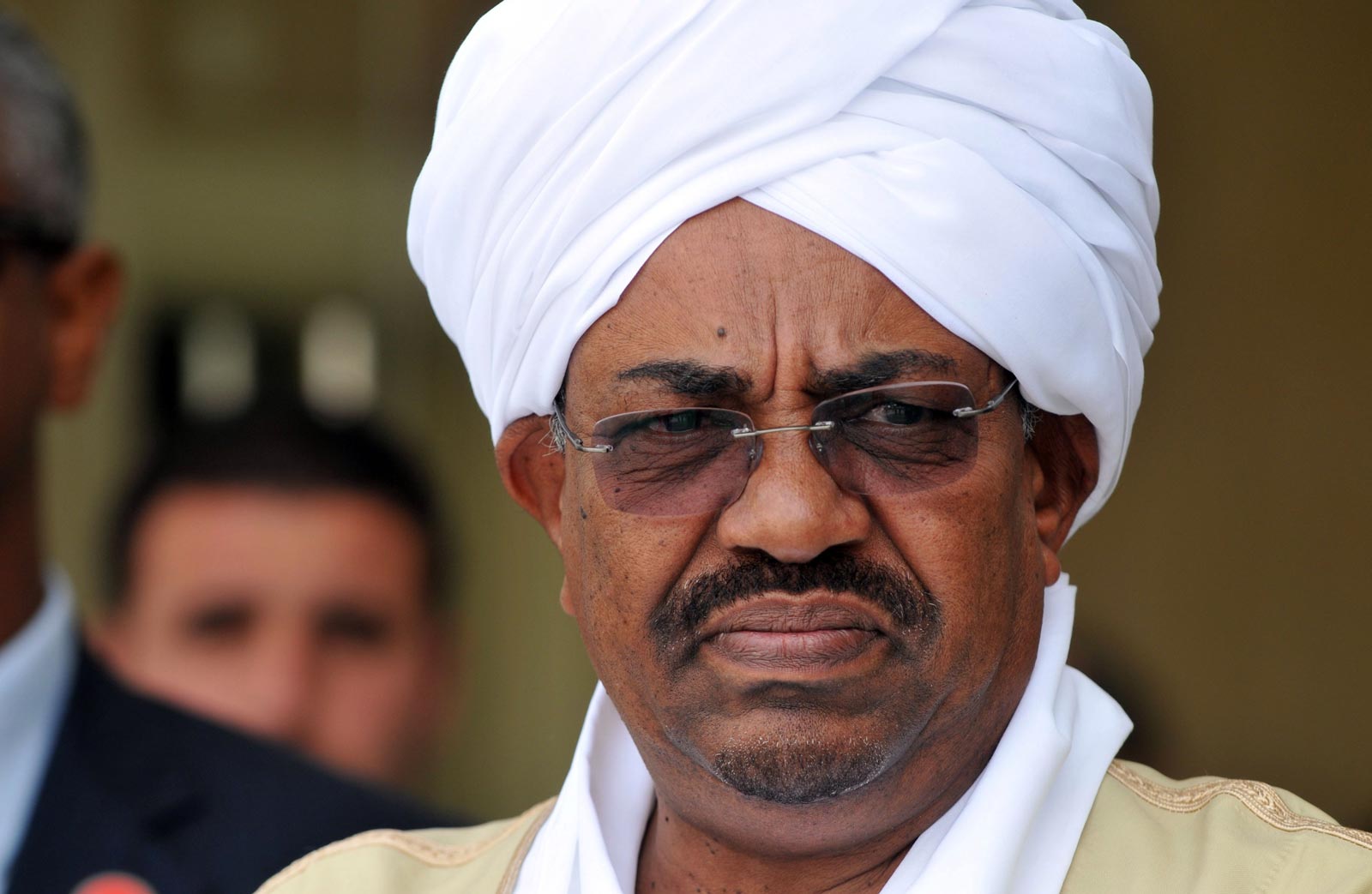The president of Sudan, Omar al-Bashir, was on Sunday, June 14, 2015 restricted from leaving the country by a judge in South Africa following an arrest warrant issued on him by the International Criminal Court at the AU summit in Johannesburg, the capital.
South Africa is a signatory of the court’s statutes hence the right to restrict the 71-year-old President who seized power in an Islamist-backed coup in 1989 and is wanted for alleged war crimes, crimes against humanity and genocide in the Darfur conflict.
It has been observed that the restriction on the president is the first of its kind even though Sudanese authorities are adamant about the development and had insisted that their president must return home as initially planned.
More so, a legal rights group, the Southern African Litigation Centre, had launched an urgent application in the Pretoria High Court to force authorities to arrest the president on the opening day of the African Union summit.
Delivering his verdict, Judge Hans Fabricius disclosed that the court would meet again on Monday, June 15, 2015.
He said, “President Omar al-Bashir of Sudan is prohibited from leaving the Republic of South Africa until the final order is made in this application.
“The respondents are directed to take all necessary steps to prevent him from doing so.”
But the wanted president who seemed unabated by the arrest calls joined the front row of a group photograph of leaders at the summit clad in a blue suit, along with South African host President Jacob Zuma and Zimbabwe’s President Robert Mugabe, who is the chair of the 54-member group.
Speaking to journalists, the Sudan Foreign Minister Ibrahim Ghandour said, “We will leave on time as scheduled.
“We are not abiding with any… decision of any court. We are here as guests of the government of South Africa. Assurances have been made by that government.
“President Bashir is a leading president, a member of the summit of the African Union and will continue attending the summits wherever they are being held inside Africa.”
However, the ICC are not relenting as they have implored that authorities of South Africa “to spare no effort in ensuring the execution of the arrest warrants” against the Sudan head of state.
The ICC further revealed that they told the South African authorities last month to arrest Al-Bashir if he attended the summit, but that they had replied they faced “competing obligations” over the issue.
The court’s indictments is in connection with the conflict that sprang up in 2003 in the western Sudanese region of Darfur when ethnic insurgents who complained of margialization launched a campaign against Bashir’s Arab-dominated government.
A bloody counter-insurgency attack with the help of the armed forces and allied militia was launched in Khartoum which according to the United Nations, left 300,000 people dead and another 2.5 million displaced.
Although Khartoum, however, disputes the figures, estimating the death toll at no more than 10,000.







